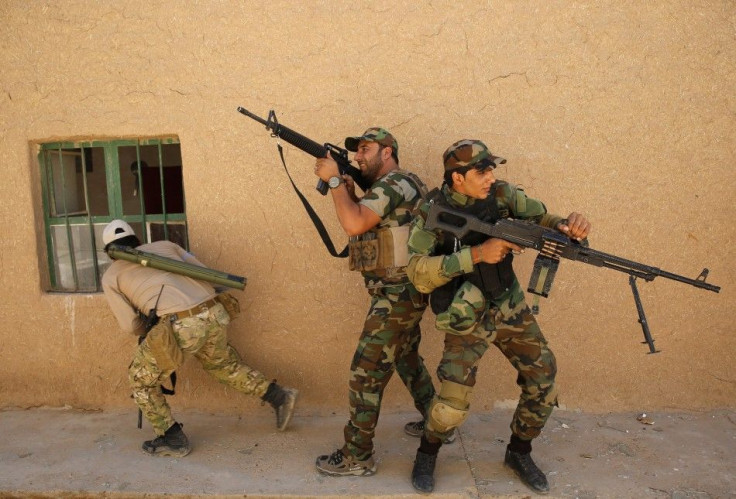No ‘Shock and Awe’ Campaign Against ISIS – Army Gen. Martin E. Dempsey

Army Gen. Martin E. Dempsey detailed the strategy against ISIS at the Senate Hearing. The general described the airstrikes to be different than the "Shock and Awe" campaign used in the previous Iraq war.
Explaining the campaign against ISIS to be "persistent and sustainable" Gen. Dempsey expressed confidence in ultimately defeating ISIS. He also highlighted the importance of having a coalition of willing regional and international partners in this fight against the terrorist organisation.
More than 40 nations have expressed their willingness to support the ongoing efforts by the U.S to tackle ISIS, according to Defence Secretary Chuck Hagel. He said that there have been more than 160 airstrikes against the terrorist organisation. The campaign will later extend into Syria, where the terrorist organisation has a safe haven.
Saudi Arabia recently agreed to host a training program and offered financial support to train and equip the forces that will be fighting the terrorist organisation in Syria. President Obama has also asked the Congress for $500 million for the same purpose.
Secretary Hagel however said that the long term approach to defeat ISIS would be through the political process, rather than just the military option. He also said that the U.S needed "effective partners on the ground in Iraq and Syria."
Gen. Dempsey suggested that at some point U.S military advisors could accompany Iraqi troops on the ground when they go after ISIS. He said that he will make this recommendation at the appropriate time to the President.
Marie Harf, Deputy Spokesperson in Washington, was categorical when it comes to U.S ground troops in Iraq. She was clarifying the President's stand after Gen. Dempsey's comments raised concerns about the possibility of U.S troops in combat roles once again in the region.
The U.S Secretary of State, John Kerry, recently travelled extensively in the Middle-east to gather support for the fight against ISIS. He has travelled to Amman, Jordan, Jeddah, Saudi Arabia, Iraq, Turkey, Egypt and France.
Secretary Hagel has said that ISIS is a "real threat" to all the countries in the Middle-east, the European allies and to the U.S. He said that the terrorist organisation rose to power by taking advantage of the civil war in Syria and the sectarian strife in Iraq.





















